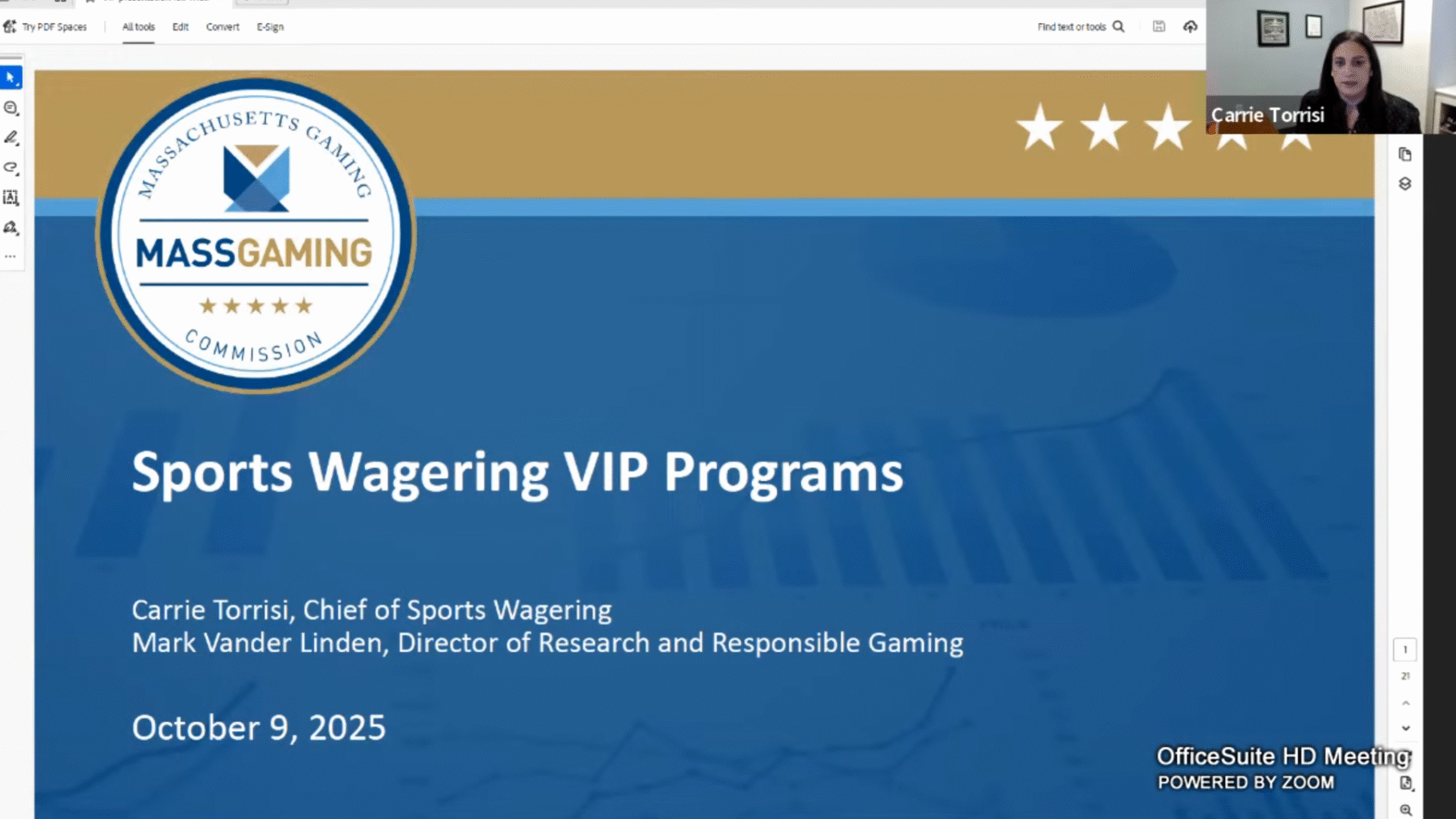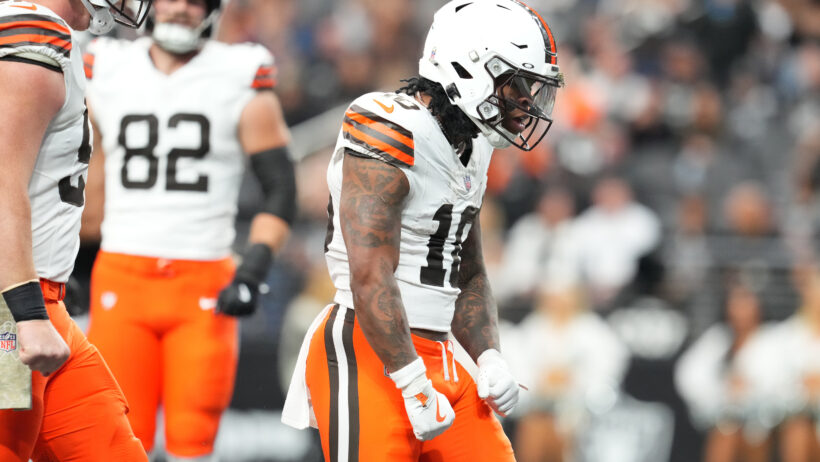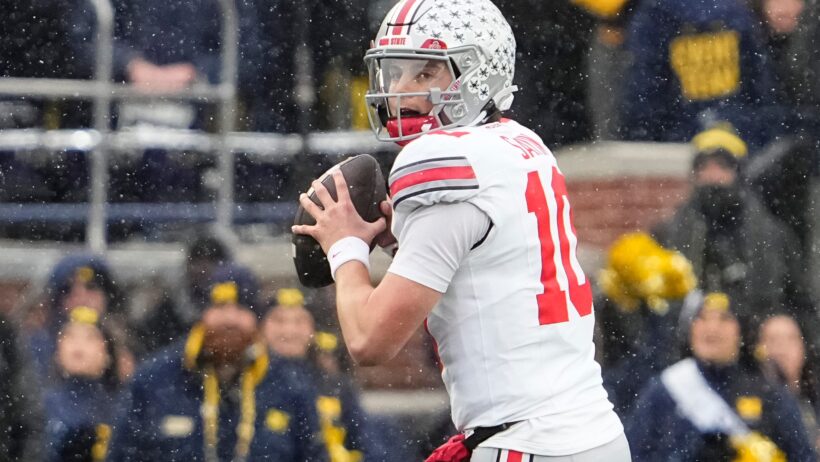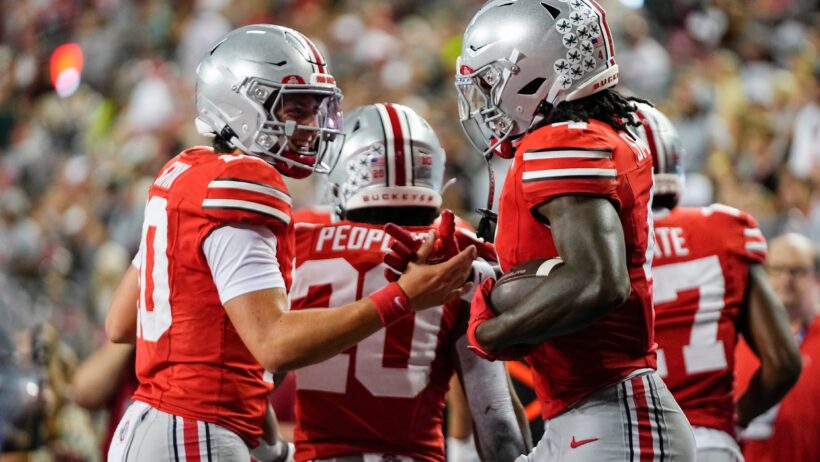Massachusetts Regulators Eyeing Potential Changes to VIP Sports Betting Programs
By Robert Linnehan in Sports Betting News
Published:

- The Massachusetts Gaming Commission today began evaluations of VIP sports betting programs in the Commonwealth
- May take regulatory steps to make VIP programs less predatory, provide more responsible gaming measures for customers
- VIP programs should only be for those who can afford them, MGC Chair notes
The Massachusetts Gaming Commission has now set its sights on potential regulatory changes for VIP sports betting programs in the Commonwealth.
Just one week after discussing potential changes for the practice of limiting sports betting customers, the Massachusetts Gaming Commission (MGC) is now looking for more data and information from licensed sports betting operators on their VIP programs, which may lead to significant changes in how those programs work in the Commonwealth.
“VIP programs should be for those who can afford to be VIPs, and it shouldn’t be predatory. This jurisdiction cares about things like that. This goes hand-in-hand with the conversation we just had on limiting, and continue to have on limiting,” MGC Chair Jordan Maynard said.
More Data Required on VIP Programs
VIP programs are typically low in number of customers, but represent a high percentage of total betting volume and gross gaming revenue across major operators, said Mark Vander Linden, Director of Research and Responsible Gaming.
The program are exclusively for patrons deemed “high value” and regularly bet large amounts of money. Often, users are pressured with time-sensitive offers to bet more money, or play more often, to reach a higher tier of VIP status, Vander Linden reported.
While research is lacking on the evidence of harms linked specifically to VIP programs, Vander Linden said given that gambling frequently and spending substantial amounts on gambling are associated with increased risks of gambling harm, it then follows that loyalty and VIP programs may be associated with higher-risk gambling behavior.
“Loyalty and VIP programs have been shown to encourage people who have resolved to stop gambling, or problem gamblers, to return to gamble to maintain that loyalty tier or achieve that higher tier. People who are seeking to either reduce or stop gambling, these types of loyalty programs or VIP status can work against their resolve to do so,” he said.
But there is a lack of specific data regarding VIP programs in the state, said Carrie Torrisi, Chief of Sports Wagering. It is a largely unregulated space, she noted, but one constant is that all VIP program are based on high frequency of gambling and/or the amount spent on gambling. Additionally, responsible gaming measures in VIP programs appear to be mostly passive, requiring a customer to directly ask for help or to mention a triggering phrase to initiate a review of their account, she said.
Most VIP programs also do not require affordability checks for users who are offered VIP status, Torrisi reported.
Torrisi noted it is well within the rights of the MGC to request more data from operators on their programs, such as the percentage of revenue that comes from VIP players, total handle for individual VIP users, and more information on incentives for VIP hosts.
Several sports betting operators defended their VIP programs and responsible gaming requirements to Sports Betting Dime last December.
Next Possible Regulatory Steps?
The MGC has several regulatory options it can take regarding VIP programs in the Commonwealth if they choose to do so. These range from additional data requests to actual changes to the program requirement and who can be eligible for VIP status. .
If the MGC wishes to look into potential regulatory changes, the following solutions may be taken:
- Clearly define VIP customers and programs
- Set a minimum age of 25 for VIP status (which may be raised to an older age)
- Limit the number of bonuses provided to VIPs in a particular timeframe
- Require regular reporting of complaints related to VIP programs from users
- Require annual submission of VIP-related policies
- Conduct affordability, safer gambling, and enhanced due diligence checks before making any customer a VIP
- Make limit setting and receiving activity reports the default option, requiring VIPs to opt out of these instead of opting in
- Promote lower risk gambling guidelines to loyalty program members and VIPs
- Eliminate time-sensitive and risk-promoting incentives
- Immediately comply with requests to be removed as a VIP or from any reward program
While these are potential next regulatory steps, most of the commissioners agreed that more information and data is required on VIP programs before any decisions are made.
Commissioner Eileen O’Brien suggested the MGC request more information on how VIP hosts are incentivized, noting if they receive compensation for how much a VIP user bets it should be altered.
“I want more information on what exactly the host incentives are for compensation? Are they team-based or individualized? I want to know what we can do in terms of regulations on that,” she said.
Maynard agreed and said the MGC would likely be the first regulatory body in the U.S. to potentially alter VIP programs.
“I do know anecdotally that we’d be among the first jurisdictions to tackle this within the U.S. We need to do so with care, but not let that stop us. I like being the first jurisdiction to do anything if we have the resources to do it, and we do. I look forward to having a continued conversation on this.”

Regulatory Writer and Editor
Robert Linnehan covers all regulatory developments in online gambling and sports betting. He specializes in U.S. sports betting news along with casino regulation news as one of the most trusted sources in the country.



